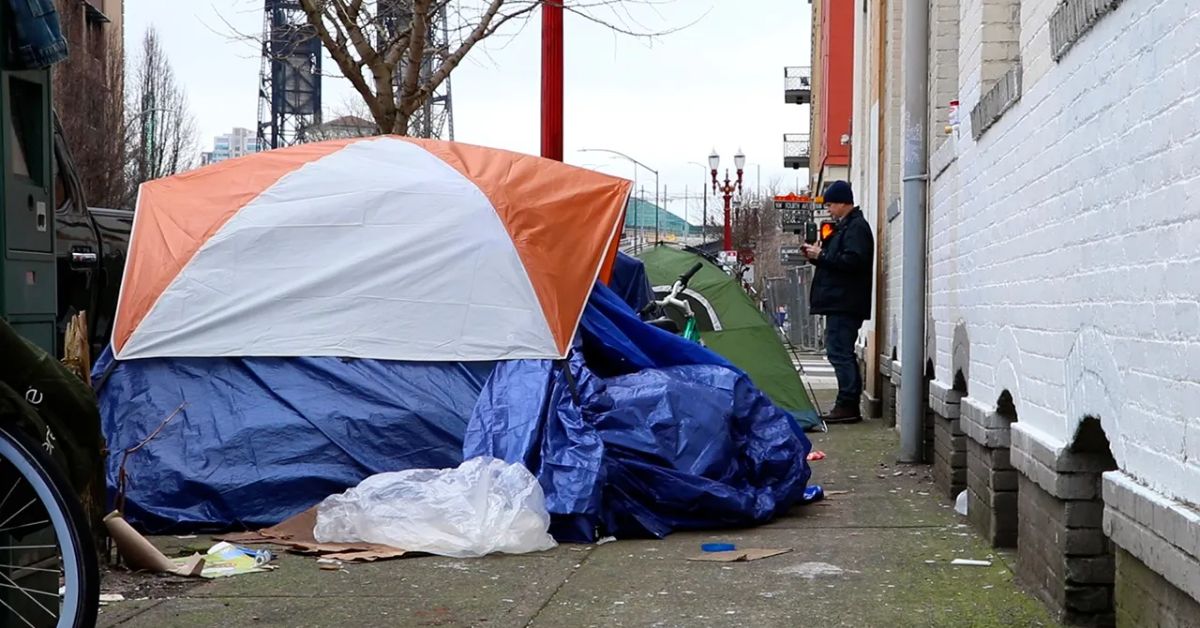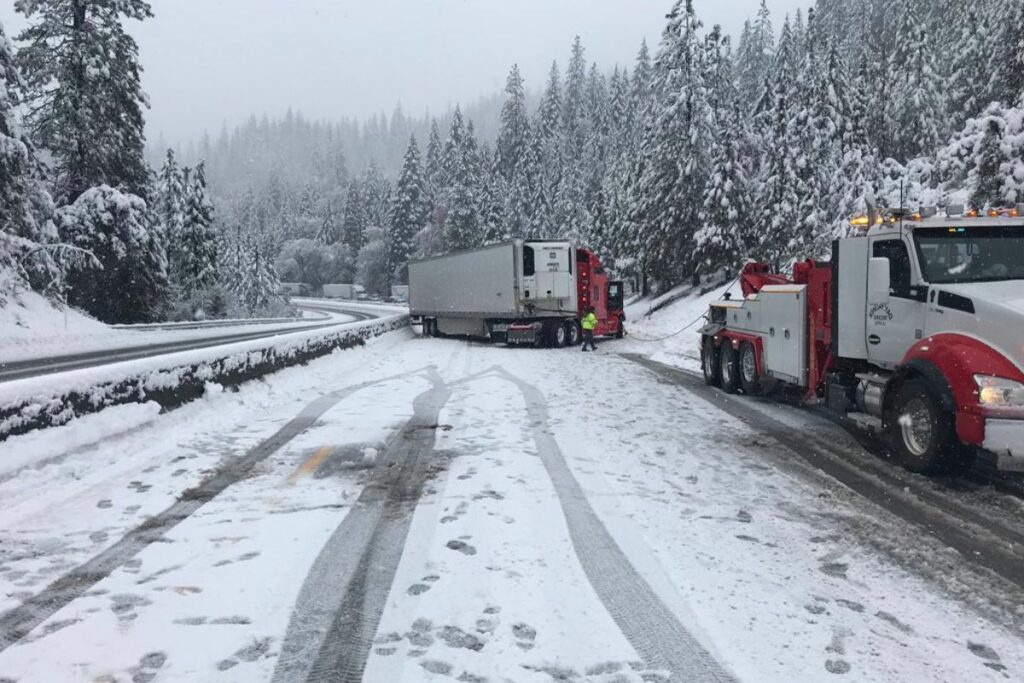A plan proposed by Democrats in Oregon would make it legal for homeless persons to sue locals for “harassment.” In the event of repeated harassment, the victim might seek damages of $1,000 per occurrence under House Bill 3501, commonly known as the Right to Rest Act.
Homeless encampments would be legalized as a result. Many Portland residents have voiced concerns about being harassed or treated inappropriately by members of the homeless population, which has contributed to the bill’s introduction.
The law states that people become homeless because of “economic hardship, a shortage of safe and affordable housing, the inability to obtain gainful employment, and a disintegrating social safety net system.” This article proposes that the state stop criminalizing homeless encampments so that money may be used to address the “root causes of homelessness and poverty.”

The bill states that “it is declared to be the public policy of Oregon to guarantee persons experiencing homelessness participation in the social and economic life of this state, remunerative employment, use of and free movement within public spaces, participation and receipt of the benefits of the services, programs, and activities of state government and local governments, and housing accommodations of the person’s choice, without discrimination.”
According to its terms, harassment is “a knowing and willful course of conduct directed at a person experiencing homelessness that a reasonable person would consider seriously alarming, tormenting, or terrorizing of the person experiencing homelessness.” Many people have complained about homeless people harassing them, but this policy doesn’t consider that.
Meanwhile, residents of Oregon’s major cities, particularly Portland, have voiced concerns about rising crime and harassment at the hands of the state’s homeless communities.
Portland police arrested a homeless lady in December after she allegedly pushed a little daughter, aged 3, onto the train lines at the Gateway Transit Center. The child and her mother were at the railway station.
Here is what you need to know now about recent events in Washington State:
- Alaska Airlines Staff Can Mix Female and Male Hair Styles.
- Washington State Passes “My Health, My Data” Bill.
As a result of the current homelessness situation, several locals have expressed a desire to relocate for the first time. “It makes you not feel that great about living here. It makes a living in the neighborhood harder, not as congenial as it could be,” 30-year-old Portland resident Greg Dilkes said of the homeless encampment along the Peninsula Crossing Trail near his home. “It’s the first time in a long time that we’ve actually seriously thought about moving.”
One Portlander remarked in August, “Every day, if you go from one end of the street to the other, you’re confronting some very difficult situations, people in really dire straits,” adding that they felt frightened in the city.
“Most people don’t want to have to worry about if they can leave their car parked in their driveway overnight without maybe having it broken into. It’s a pretty testy subject,” another said. In the wake of the 2009 COVID-19 outbreak, homelessness in Oregon skyrocketed. There was a 65% rise in homelessness across the state’s three major counties in 2020.





